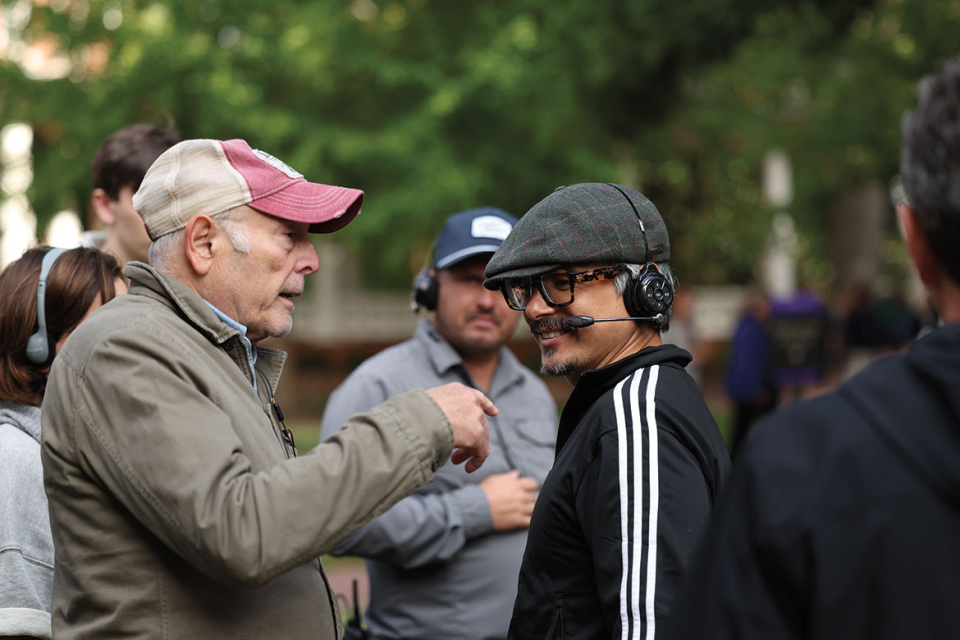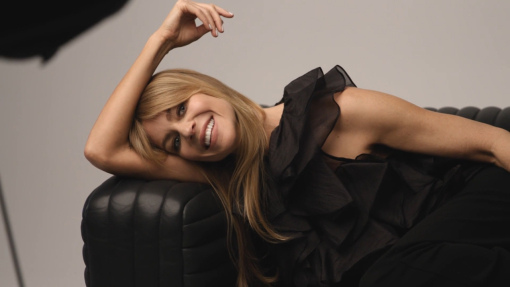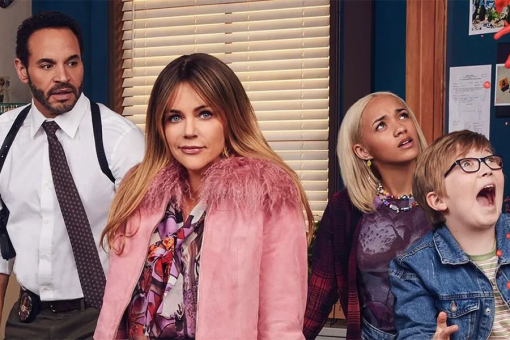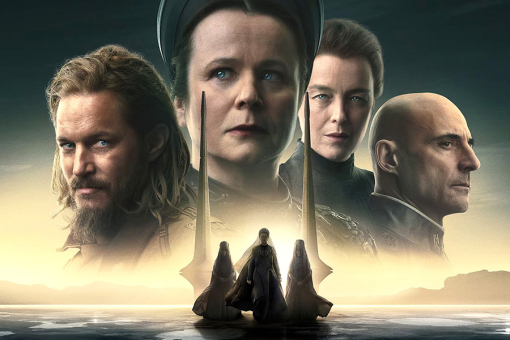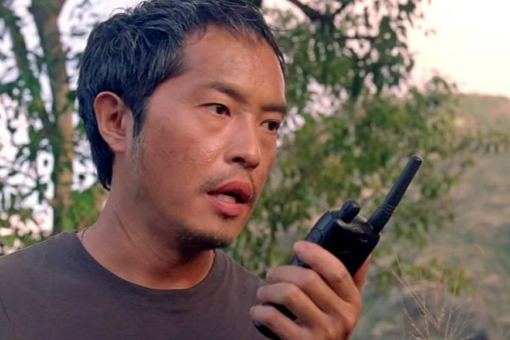Growing up in war-torn El Salvador in the '80s, with no cable or open video stores, Eduardo Mayén spent his playtime watching pirated Betamax tapes (the only means of distribution back then) curated by his father and older brother.
Inspired by a love of movies, he later worked at a local video store. His encyclopedic knowledge of film titles caught the eye of a mentor, who led to another mentor and then another and another, eventually landing him a scholarship to the University of Nevada, Las Vegas film school, where he earned a bachelor's in film.
Today, Mayén is director of photography for ABC's freshman police procedural Will Trent, fulfilling a dream that was not easy to reach.
Moving to Los Angeles after film school, he slept on his cousin's couch for a year, working for free on film-school shoots in pursuit of paying jobs. Lacking a car, he would ride buses for as long as two hours to make call time.
"When I started doing gigs, if the producer said he couldn't afford a certain lens or light, I'd chip in to buy it because I saw it as paying for my education and getting something good on my reel," Mayén says. "Sometimes I'd cry myself to sleep, but I knew my passion was my compass."
After serving as camera assistant on several films, Mayén got his first chance at television when he met Robert Rodriguez. The multihyphenate, who was looking for a young Latin American cinematographer in need of a break, hired him to shoot El Rey Network's From Dusk Till Dawn: The Series. Mayén went on to earn credits including Freeform's Stitchers, The CW's Black Lightning, Fox's The Big Leap and Prime Video's The Consultant.
On Will Trent, renewed for a second season in April, Mayén enjoys working with light and shadows to bring a '50s film noir look to TV. One of his favorite scenes to date is in episode eight, when a woman enters a hospital room to kill a witness.
"We see the killer in silhouette, in low light, and at the last moment, Will Trent turns on the light," Mayén says with a flourish. Invoking Orson Welles's 1958 classic, he adds, "It was like Touch of Evil, how they made scenes very stylized."
Now, when Mayén's family in El Salvador wants to watch shows he's shot, the productions can be found on Netflix, Disney+ and Hulu. Some of his relatives don't speak English, so he's glad the shows are dubbed in Spanish.
"It's great that streaming exists," Mayén says. "Now there's a means of distribution with instant translation in any language."
This article originally appeared in emmy magazine issue #08, 2023 under the title, “Eyes on the Prize.”

